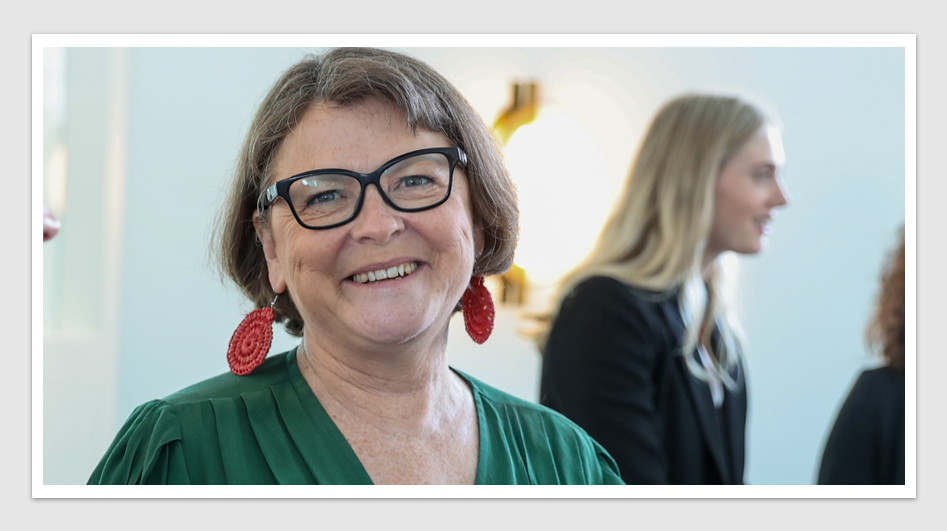News & Trends - Pharmaceuticals
Unlocking chemo-resistance in cancer
La Trobe University researcher Associate Professor Hamsa Puthalakath is the first scientist to have unlocked a long-standing mystery as to why some cancers do not respond to treatment with one of the most effective chemotherapy drugs: 5-Fluorouracil (5-FU).
“We are now working to develop a drug that will make 5-FU effective in cancers previously resistant to treatment,” Associate Professor Puthalakath said.
The research also has potential to lead to a lab test to check for 5-FU resistance, reducing unnecessary chemotherapy treatments. 5-FU (Trade name Adrucil/Carac/Efudex) is on the World Health Organisation’s Model List of Essential Medicines. It is used to fight colorectal, breast, head, neck and aero-digestive cancers, but acquired resistance in response to treatment is a major problem and up to half of colorectal cancer patients with metastasis become resistant to 5-FU.
In a paper published today in the Proceedings of the National Academy of Sciences (PNAS), Associate Professor Puthalakath explains, for the first time, the precise mechanism by which cancer develops resistance to 5-FU. He links 5-FU resistance to a little-understood protein called “BOK”. Associate Professor Puthalakath said scientists have puzzled over BOK’s function for decades, with many arguing its function to be redundant.
“I have always believed that nature keeps proteins for a reason,” Associate Professor Puthalakath said. “Our research shows BOK binds with an enzyme called UMPS, enhancing cells’ ability to proliferate. Without BOK, cells struggle to synthesize DNA, and they can’t proliferate. The same enzyme is also responsible for converting 5-FU into its toxic form in cancer. Therefore, to avoid 5-FU’s toxicity, cancer cells turn off BOK.” Cancer cells then become dormant and take up less toxic 5-FU, enabling them to survive chemotherapy treatment before mutating to become even more aggressive.
Associate Professor Puthalakath’s research, funded by La Trobe University (RFA) and the Swiss National Science Foundation, tested samples from cancer patients. He found those patients who had responded to 5FU treatment had BOK, while those who hadn’t responded to the chemotherapy had no BOK.
“This shows that without BOK present, there is no point attempting to use 5-FU as an effective chemotherapy treatment,” Associate Puthalakath said.
“In understanding the science behind chemotherapy resistance, we think that we have found cancer’s ‘Achilles heel’ and this has significant implications for future drug development.”
News & Trends - MedTech & Diagnostics

Bariatric surgery trumps Novo Nordisk’s Wegovy in cost-effectiveness and durability
MedTech & Diagnostics News: Bariatric surgery emerges as cost-effective, boasting superior and enduring weight loss outcomes over a five-year span […]
MoreNews & Trends - Pharmaceuticals

Aussie digital health company hits new milestone in AstraZeneca partnership
Pharma News: Fewer than 50% of asthma patients adhere to their prescribed preventative medications. An Australian digital health company has […]
MoreDigital & Innovation

Medical drone to reduce health equity gaps in rural and remote Australia
A specialised medical drone which increases accessibility to essential health services such as pathology, medicines, and telehealth services in rural […]
More